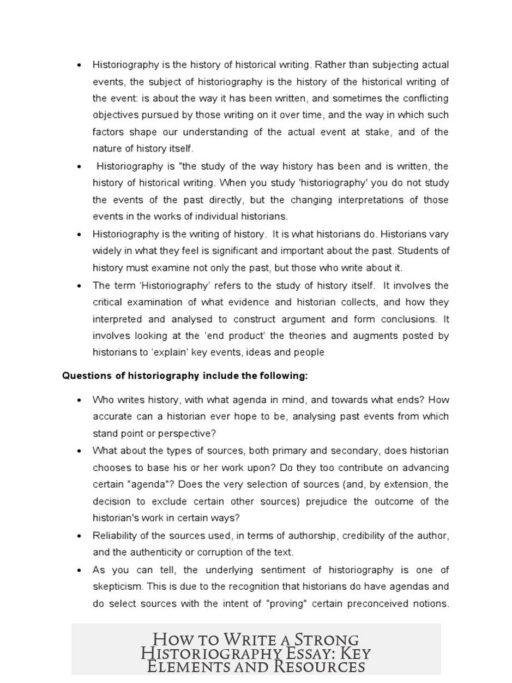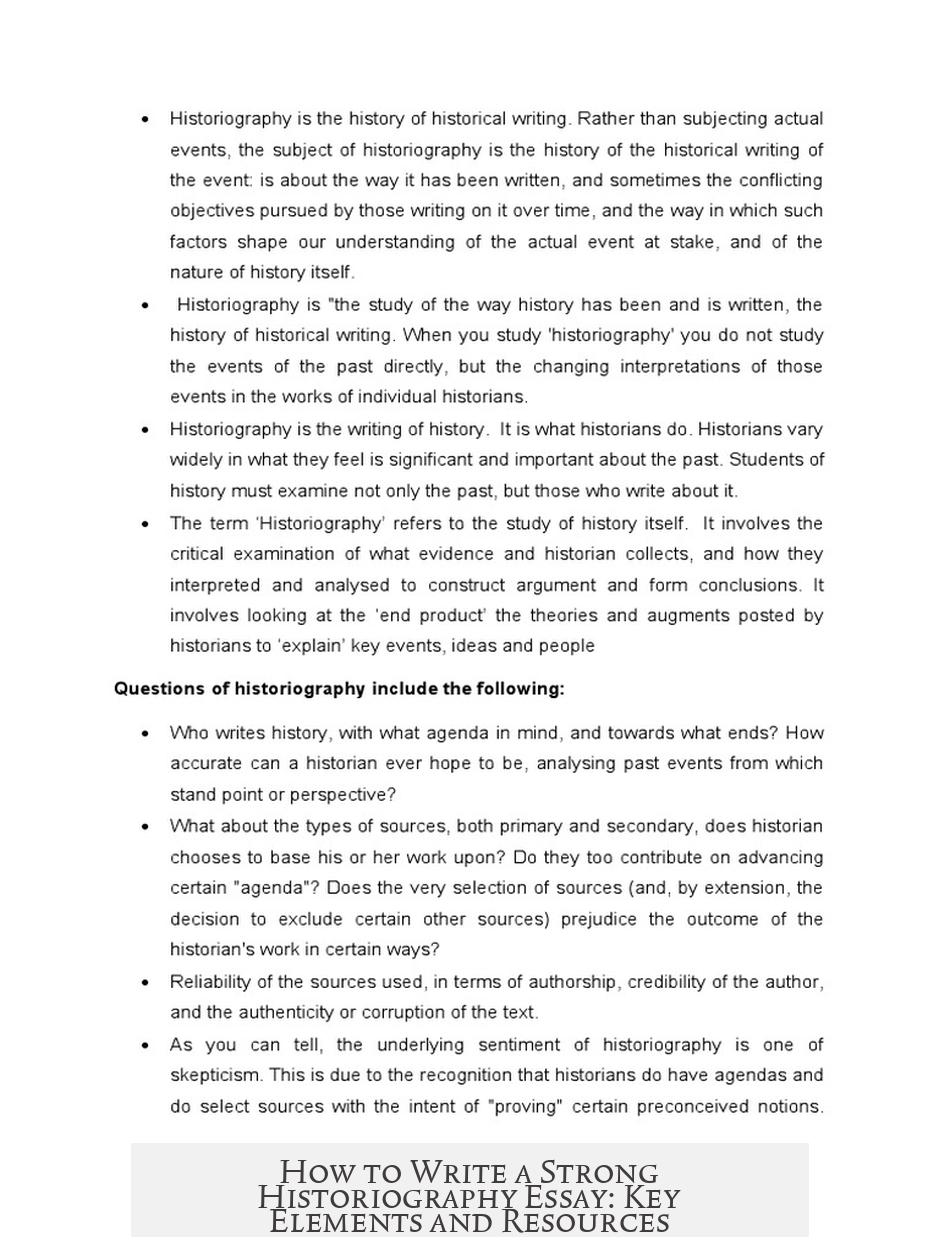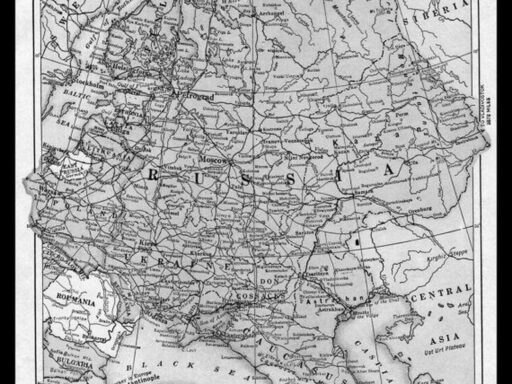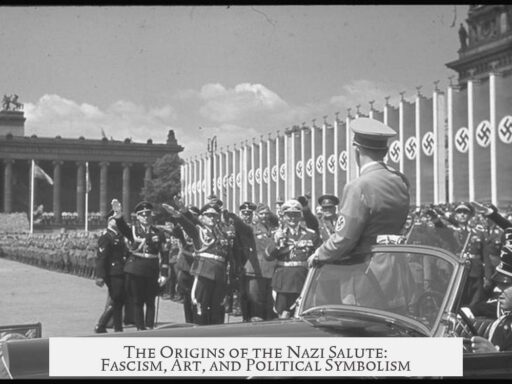A good example of a historiography essay presents a clear discussion of how historians have interpreted a particular topic over time, analyzing shifts in perspectives and methodologies rather than just recounting historical events. Such an essay should focus on contrasting different historians’ arguments and approaches, highlighting the development of historical debates.
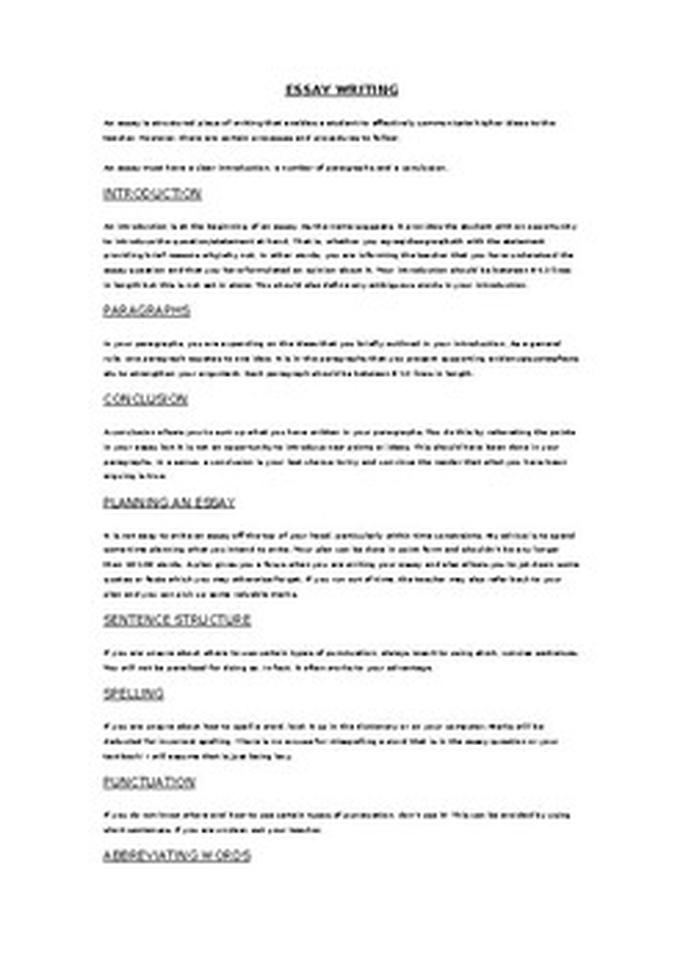
The essay begins with an introduction that outlines the chosen topic and explains why it is significant for historiographical analysis. It states the central question: how have interpretations evolved? The introduction sets the tone for an analytical, comparative essay rather than a narrative history.
Next, the essay divides into sections based on key historians, schools of thought, or time periods. Each section summarizes the main argument of a historian or group and comments on their methodology and sources.
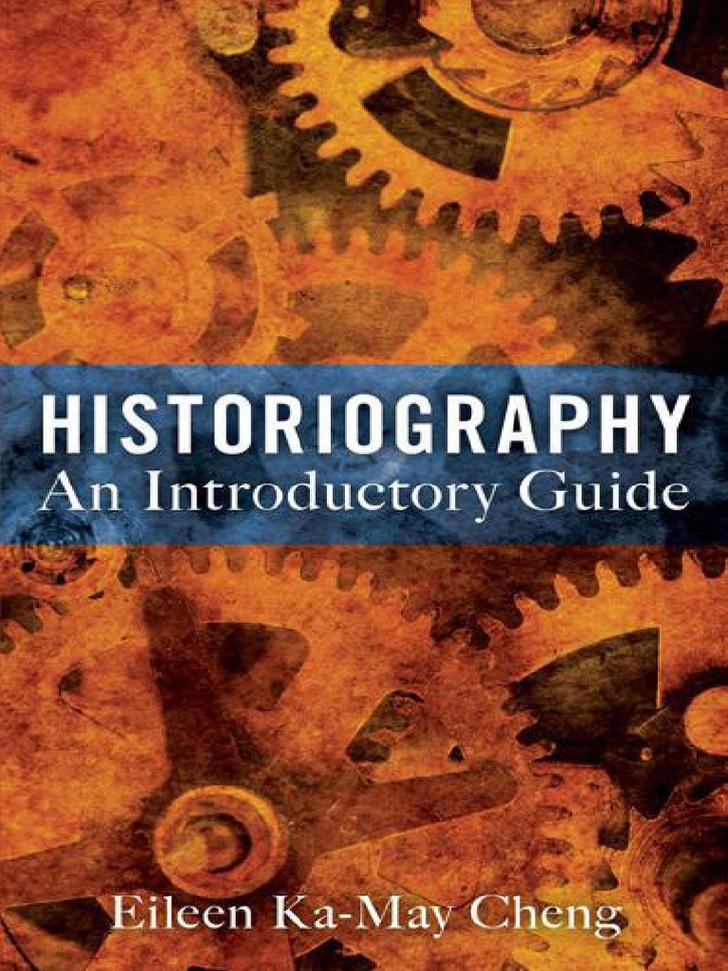
- For example, one section might explore early 20th-century historians who used political narratives, focusing on elite actors.
- Another section contrasts this with more recent historians emphasizing social, economic, or cultural factors, using new types of evidence.
- The essay may analyze how certain historians challenged previous views, prompting revisions and debates.
The writing avoids simply listing historians or viewpoints but critically assesses strengths, weaknesses, and the context behind historiographical changes. It also considers how contemporary events or ideological shifts influenced historical interpretations.
The conclusion summarizes how the understanding of the topic has changed, noting unresolved debates or areas for further research. The essay connects these points to broader historiographical trends and offers insights on why historians differ.
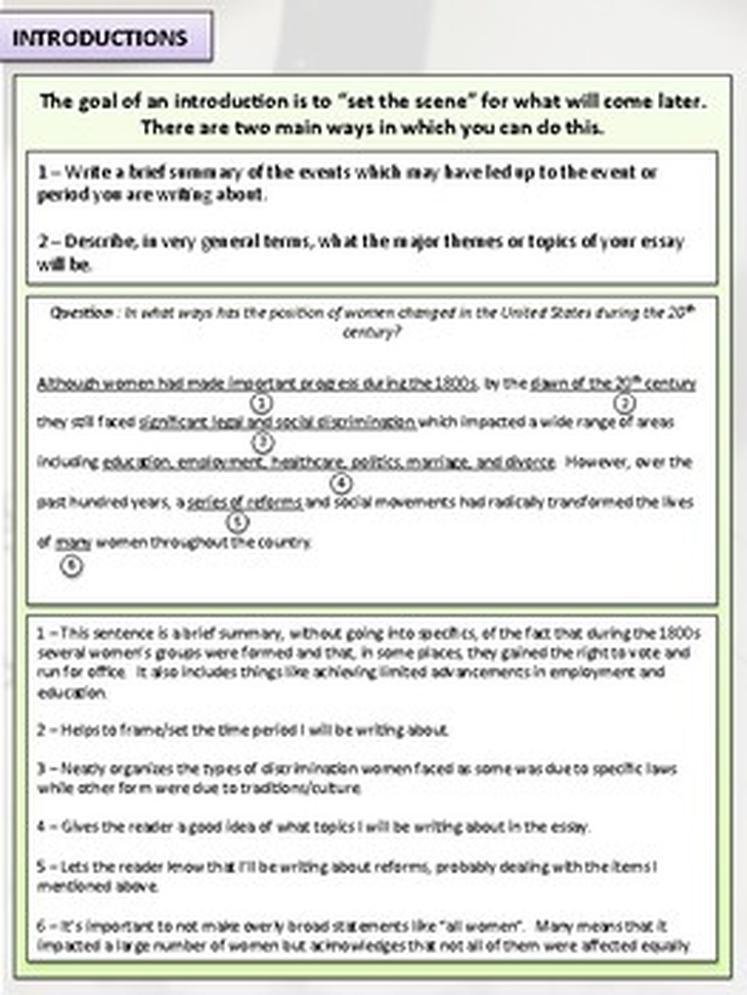
Students should tailor their essays to meet their instructor’s specific guidelines. If expectations are unclear, asking for clarification helps ensure the essay fulfills marking criteria.
To get better examples and guidance without sharing specific student essays, exploring online resources such as academic forums or dedicated history help sites is useful. For instance, the [AskHistorians subreddit](https://www.reddit.com/r/AskHistorians/comments/dgfb2o/im_having_trouble_understanding_how_to_write_a/) offers detailed explanations on writing historiography essays. Tools like RemindMeBot can assist with follow-ups to receive answers over time.
 offers detailed explanations on writing historiography essays. Tools like RemindMeBot can assist with follow-ups to receive answers over time.](https://vintage.tn/wp-content/uploads/2025/07/7134_historiography_essay_writing_guide_to_get_bett.jpg)
Keep in mind, a historiography essay shows how historical understanding evolves. It must focus on the analysis of interpretations themselves, not just facts. This balanced approach demonstrates critical thinking essential to historical scholarship.
- Focus on comparing historians’ views over time.
- Analyze methodologies and influences behind interpretations.
- Structure the essay chronologically or thematically by debates.
- Conclude by summarizing shifts and ongoing controversies.
- Use credible academic sources; consult teacher guidelines.
Can Someone Give Me a Good Example of a Historiography Essay?
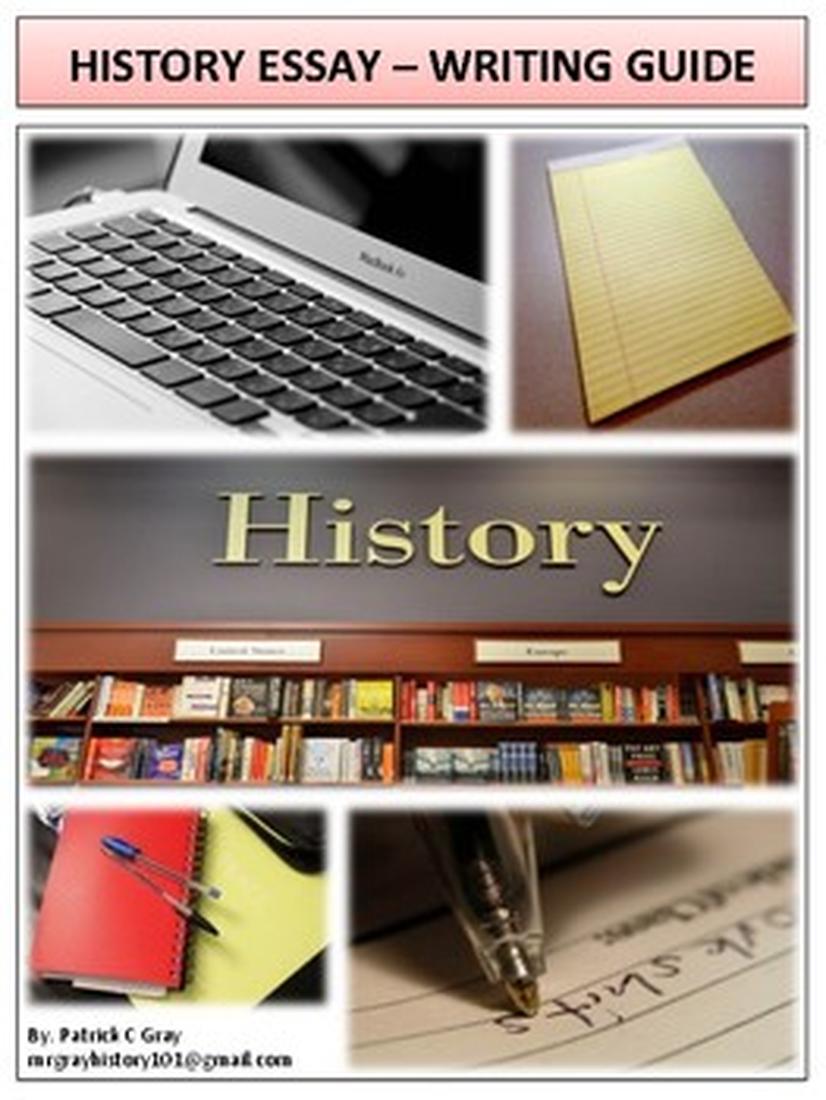
Looking for a perfect example of a historiography essay might feel like hunting for hidden treasure, but the real key is to understand what a historiography essay really is and how to craft one yourself. Let’s dive into what makes a great historiography essay and how you can approach it confidently, armed with useful tips and some handy resources.
First things first—what’s a historiography essay anyway? Simply put, it’s an essay that examines how historians have interpreted a particular event or topic over time. Instead of just recounting facts, it focuses on the studies and arguments of various historians. This means discussing methods, viewpoints, biases, and even the changing perspectives related to the historical subject.
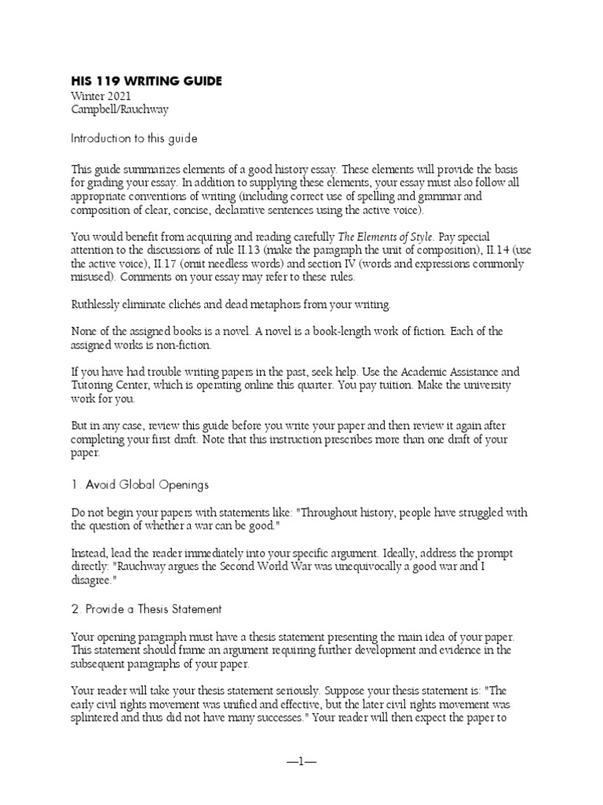
Why You Won’t Find a Ready-Made Historiography Essay
Now, if you’re hoping someone can just hand you a shiny, pre-made historiography essay, here’s a reality check:
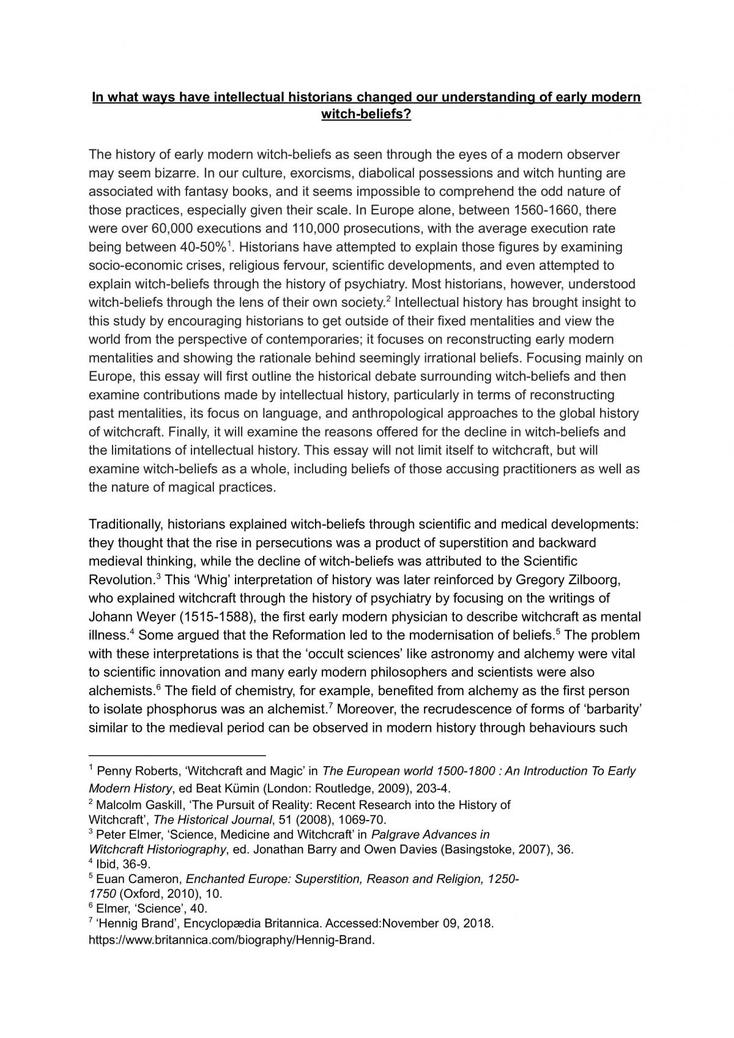
- It’s not fair or ethical to share another student’s work without their permission.
- Each essay should reflect your understanding and analytical abilities.
- Learning to write one yourself helps you master the skill much better than just copying.
So, instead of looking for a shortcut, it’s better to learn what goes into a successful historiography essay.
How to Understand What Your Marker Wants
This is crucial—every professor or marker has their own expectations and guidelines.
Read all the instructions carefully, twice if necessary. If parts remain unclear, ask for clarification. It’s better to double-check than to guess and lose marks.
Think of the marker like a treasure map. The clearer you understand their directions, the easier your historiography essay journey will be.
Key Elements of a Good Historiography Essay
Here’s a handy breakdown to keep your essay sharp and on point:
- Introduction: Define historiography. State your topic and briefly outline how historians have debated this subject.
- Body paragraphs: Discuss key historians and their interpretations. Highlight disagreements and how perspectives have changed over time.
- Analysis: Focus on the “why” behind these differences. Are they due to new evidence, changing political climates, or historians’ own biases?
- Conclusion: Summarize the historiographical debate and suggest how it might evolve in the future.
Make sure you back your points with specific examples from historical texts, rather than vague generalizations. For example, instead of just saying “Historians disagree,” mention who disagrees and what their main points are.
Recommended Resources to Help You Write
Unsure where to start? There are excellent resources out there. For one, check out this helpful Reddit thread. It explains the basics and often contains helpful tips from professional historians.
Also consider tools like RemindMeBot, which can alert you when there’s an expert answer waiting. Patience pays off; sometimes the best guidance takes a day or two to arrive.
You might find value too in a browser extension designed to aggregate useful historical discussions and even a weekly roundup newsletter for fresh ideas.
Tips from Experience
Writing your first historiography essay? Here’s what seasoned historians recommend:
- Dive into primary sources: Understand the actual data or events first before exploring historian opinions.
- Track your sources: Keep detailed notes of who said what and when.
- Beware of bias: Recognize that historians write from contexts shaped by their times and perspectives.
- Connect themes: Look for broader patterns or shifts, like how national events might influence historical interpretations.
Imagine your essay as a story not just about one past event but about the life of that event in the messy, fascinating world of historical debate.
To Summarize
Can someone give you a good example of a historiography essay? Not exactly. But they can give you the ingredients, a recipe, and some cooking tips. Combine these to craft your own masterpiece confidently.
Remember, the real strength of a historiography essay isn’t in copying someone else’s work. It lies in your ability to analyze, compare, and narrate how history has been understood and misunderstood over time.
So, roll up your sleeves, dive into those sources, and start stitching together a nuanced debate. Your marker will appreciate the effort, and you’ll walk away with skills that go beyond just writing an essay—they’re skills historians live by.
